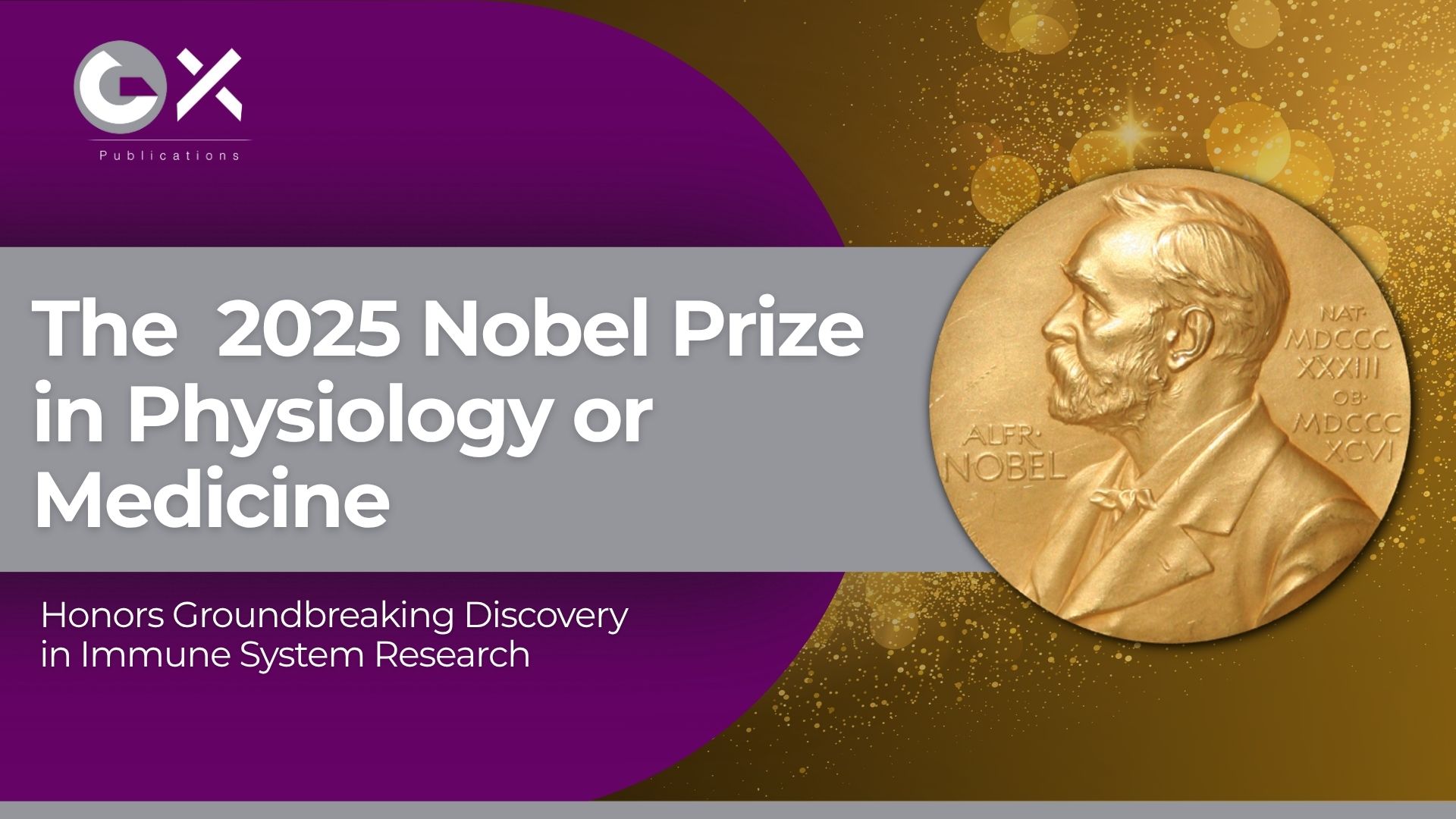
The 2025 Nobel Prize in Physiology or Medicine has been awarded to Mary Brunkow, Fred Ramsdell, and Shimon Sakaguchi for their landmark discoveries that explain how our immune system protects the body without turning against itself.
Their investigations of peripheral immune tolerance have offered further insight into the maintenance of a balanced status of the immune system fighting dangerous microbes without self-destruction. This has led to the possibility of new treatments to autoimmune diseases, allergies and even cancer through this discovery.
The winners were announced by the Nobel Assembly at the Karolinska Institute in Stockholm as their contributions have been a breakthrough in the medical science field.
Our body is primarily defended against infection by the immune system. However, with overreacting, it may destroy healthy tissues resulting in such diseases as type 1 diabetes, rheumatoid arthritis, or multiple sclerosis.
Through years of dedicated research, Mary Brunkow, Fred Ramsdell, and Shimon Sakaguchi uncovered the mechanisms behind peripheral immune tolerance, the process that keeps immune responses under control.
This knowledge transformed immunology and continues to guide the design of new therapies aimed at restoring balance in the immune system.

One of the important people in the uncovering of the FOXP3 gene was a molecular biologist, Mary Brunkow, located in Seattle. Her results revealed the role of the genetic alterations in the FOXP3 that contribute to the breakdown of immune regulation and cause severe immune diseases. Her work has been essential in identifying new diagnostic and therapeutic targets for immune-related diseases.

Fred Ramsdell, an immunologist from San Francisco, worked alongside Brunkow to trace how FOXP3 mutations impact immune balance. His works helped in understanding the mechanisms by which the Tregs regulate other immune cells. The work of Ramsdell has had a significant impact on the creation of specific treatment of autoimmune diseases.

The first T cell to be discovered was the regulatory T cells by Shimon Sakaguchi who is a professor at Osaka University in Japan in the 1990s. His work determined that these cells are the brakes of the immune system that stops excessive response. The work of Sakaguchi has motivated a group of scientists and it still has influence in the evolution of immune based therapies.
Their contributions combined give a comprehensive account of the way that the body balances defense and tolerance - a delicate equilibrium which is the key to good health.
The 2025 Nobel Prize in Medicine highlights the power of collaboration in advancing scientific discovery. Not only has the work of the trio enhanced our knowledge on the immune system, but it has also set up the foundation of utilizing their work practically to save lives.
The implications of their discovery are vast:
Their discovery reminds us that the best science begins with curiosity and ends with life-changing results.
It is not a mere scientific discovery that is celebrated this year as Nobel Prizes in Medicine, but rather a common perception of applying scientific knowledge to serve human health.
All the laureates have shown that thorough research can be converted into medical advancements. Their combined achievements have reshaped immunology, influencing both laboratory research and clinical medicine.
Their discoveries, according to the Nobel Committee, are the basis of several studies underway in immune therapy and disease prevention.
Since 1901 the Nobel Prize in Medicine has been awarded to just some of the discoveries that have revolutionized the history of medicine. This tradition was followed by the 2025 winners who unveiled how the balance of the immune system is able to defend us on a daily basis.
Their story is a reminder that it is possible to make breakthroughs after some persistence, co-operation, and curiosity to learn how the life works on the most profound level.
At GlobalX Publications, we are pleased to feature the works of Mary Brunkow, Fred Ramsdell and Shimon Sakaguchi- three scientists of whom their discovery has given new hope to millions of people suffering with immune related illnesses.
They have been successful, which goes to affirm the fact that science is not all about discovery, but is also about enriching lives.